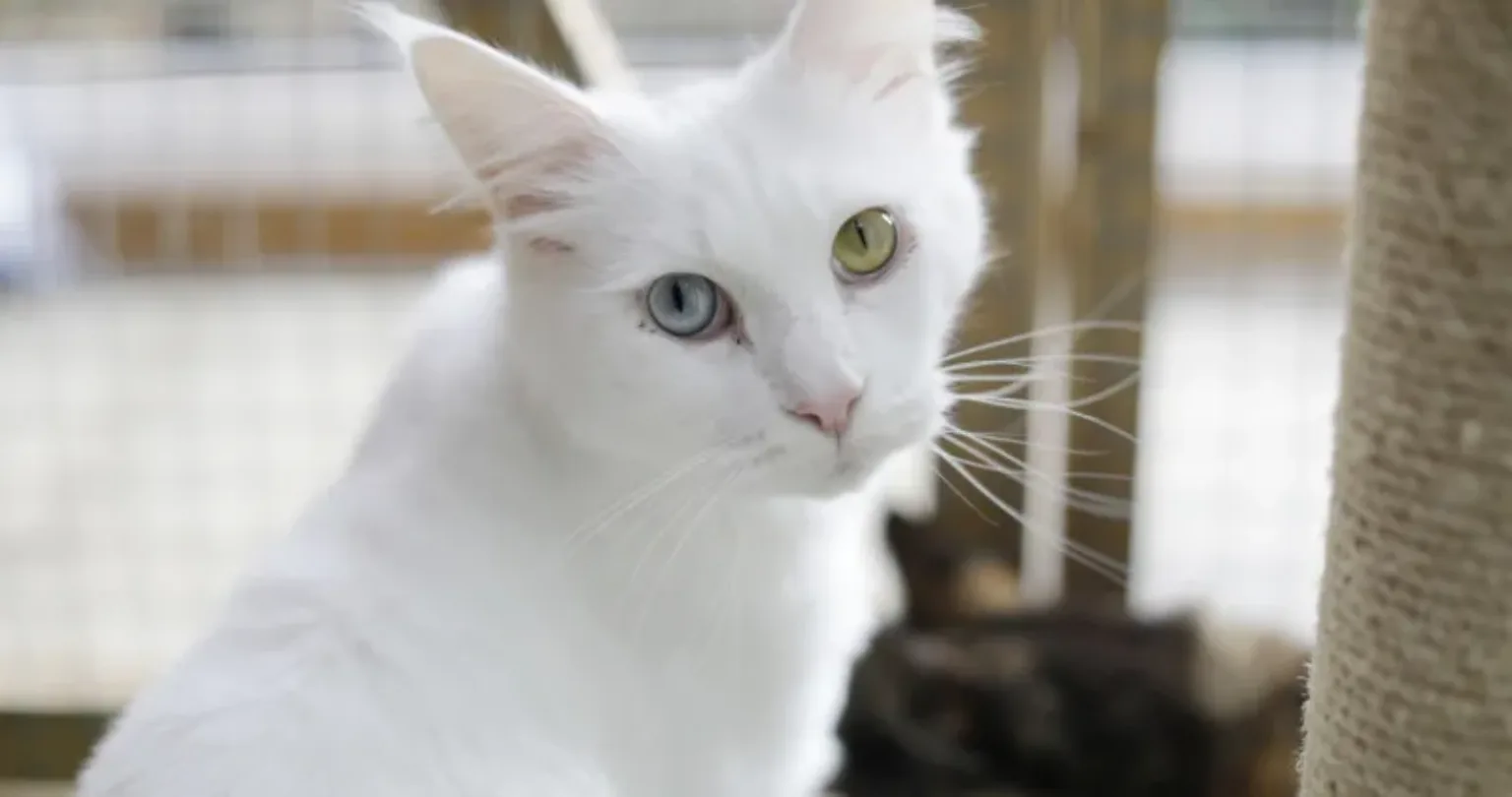When it comes to pets, we've all got questions
Ever feel like your pet is from another planet?

As the world is affected by the coronavirus, fears for our personal safety are in the forefront of our minds.
Although it is still rare, there is a very small possibility that we can pass Covid-19 to our cats. However, there is no evidence to suggest that cats can pass the virus to humans or that cats can pass it to other cats. It is important that you continue to allow your cat access to go outside, as long as the cat is neutered and vaccinated, especially if your cat has always had the freedom to come and go as she pleases.
There is currently no evidence that cats can carry the virus on their fur. However, if you, or anyone in your home, has symptoms of Covid-19, to minimise the risk to other people who may wish to stroke your cat outside of your home, it’s advisable to take precautions such as restricting direct contact with your cat as much as possible, washing your hands after you have stroked your cat and wearing a face mask if possible.
When your cat comes home from being outside, follow the same precautions as you would after opening post or touching a door handle and wash your hands thoroughly. If you would like to wipe your cat down after she comes in from outside, please only use a damp cloth or a safe pet wipe specifically designed for cats. Please do not use any form of disinfectant, bleach or any other chemicals as these can be very toxic to cats.
When cats go outside, they have the opportunity to exhibit their natural hunting instincts. Having this access restricted will mean that your cat needs an appropriate outlet for these behaviours in the home. If you are currently keeping your cats indoors or restricting their access, then it’s important to remember that while some cats may adapt to this, others could become stressed and potential changes in their behaviour may occur.
Providing a variety of toys will mean your cat is able to have a choice of what they play with. This should include toys you can use to interact with them. Feathers on a stick are always a favourite for them to chase around. Providing them with other toys that they can then kick at and follow with giving your cat a tasty treat will help them to complete their natural hunting pattern. Also, having scratching facilities in the house such as sturdy scratching posts where they can scratch and stretch will be very much appreciated by your feline friends.
For some cats, creating a game with their food could also provide them with that much needed mental stimulation. Something as simple as throwing their biscuits so they chase them, or hiding food in cardboard tubes will keep their minds working while also providing them with some exercise. If this is something you have decided to do, please make sure that they are supervised for the first time.
Now that its more common to work from home, we need to remember that they are likely used to being alone and sleeping in their favourite spots while you are out at work and school. On average a cat will sleep around 16 hours a day therefore making sure they still have this space if they want to and not overwhelming them with unwanted attention will help to keep them calm and relaxed.
Some cats will be used to toileting outside rather than in a litter tray. If you are keeping them in, a suitable tray and litter will need to be in place. This may mean using soil if they are used to going outside.
Litter trays should be in a quieter part of the house where the cat can easily access them and should be cleaned regularly. If you have more than one cat we suggest a tray each, plus one. These should be in separate parts of the home where possible rather than all in one area.
Currently, vets are not carrying out non-urgent procedures – this includes neutering and vaccinations. If your kitten is not yet neutered and has not had its primary vaccinations, we recommend keeping it indoors during this time to avoid unwanted pregnancies and exposure to disease.
Female cats can get pregnant from as early as 16 weeks of age, so if you have two kittens of both sexes, ensure they are kept apart from this age to prevent them from mating, even if they are siblings. If your cat needs veterinary care, phone your vets first to find out what their current procedures are for arranging veterinary check-ups.
The companionship that our pets give us during our times of need is immeasurable; they have no idea what’s going on in the big wide world because their world revolves around their owners. Keep yourself safe and they’ll stay safe too.
Read the latest UK government advice for pet owners and COVID-19